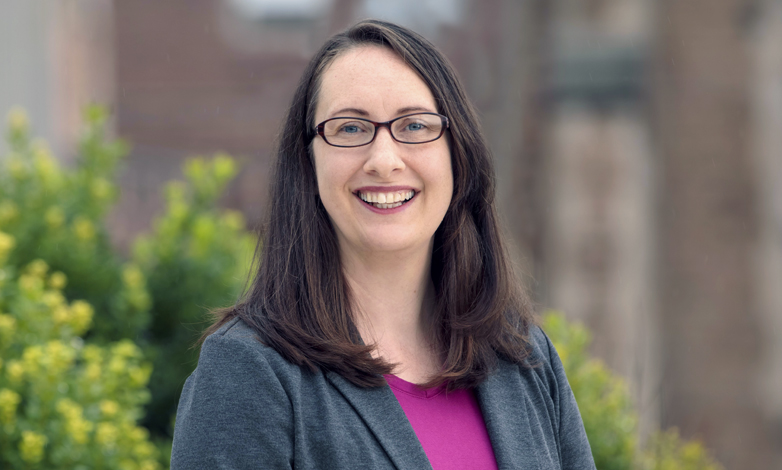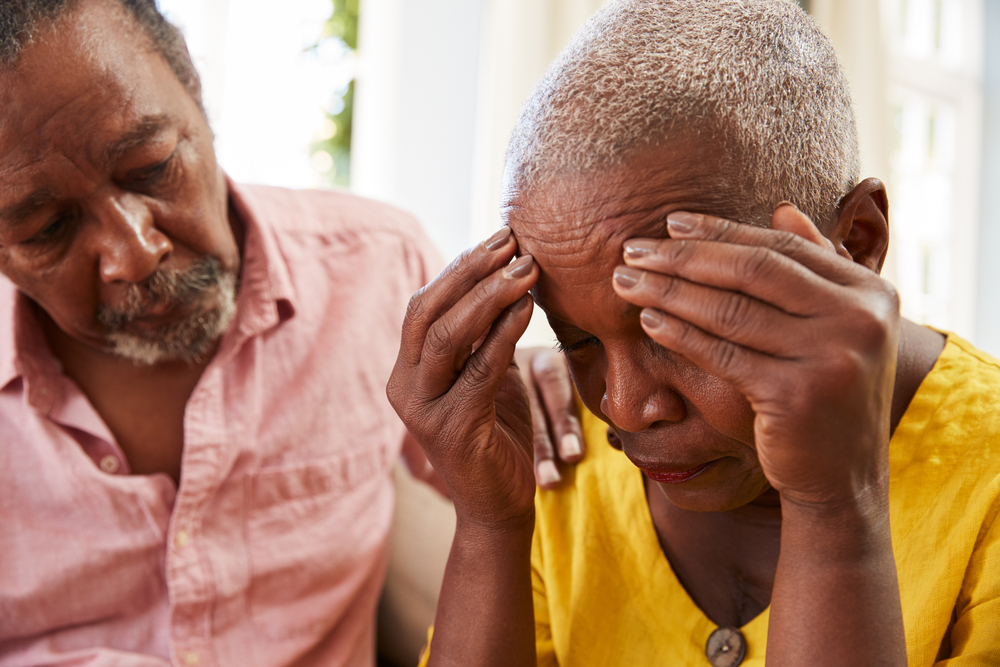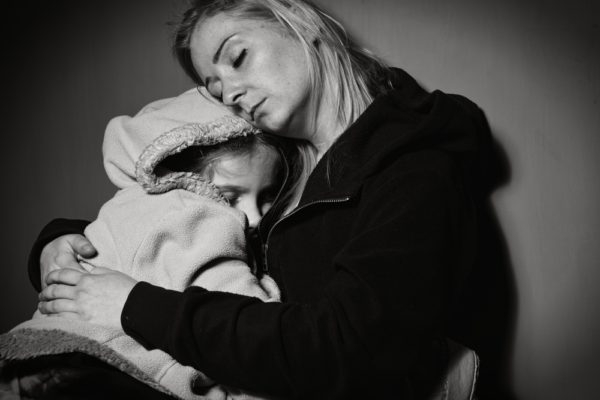Most African American women described successfully navigating the challenges of a breast cancer diagnosis with their partners, finds a new analysis from the Brown School at Washington University in St. Louis.
However, one-third of the sample indicated relationship distress.
“We conducted a thematic analysis to examine how a breast cancer diagnosis affected not only African American patients but also how patients perceived their breast cancer to have affected their husbands’ health and their marriage,” said Tess Thompson, research assistant professor. “Our findings show variability in couples’ responses to cancer.”

Thompson is lead author of the paper “We’re in this Together: Perceived Effects of Breast Cancer on African American Survivors’ Marital Relationships,” forthcoming in a print edition of the Journal of the Society for Social Work & Research.
Thompson and her co-authors conducted a thematic analysis of interviews with 15 married African American breast cancer survivors who had participated in a larger randomized controlled trial.
A number of themes around the challenges of maintaining mutually supportive relationships while facing cancer evolved from these interviews.
“The perceived effects of cancer on relationships varied across couples, as did perceptions of the adequacy of husbands’ emotional and tangible support,” Thompson said. “Many of the women described their husbands’ key role in promoting the wives’ positive body image, as well as the challenges involved in negotiating sexual activity during and after treatment. Most of the women did report being receptive to help from medical professionals in dealing with relationship issues.”
The results could prove helpful in guiding health professionals’ emotional and behavioral care.
“These findings show that close relationships such as marriage are an important source of support for many cancer patients. Most patients and couples adapted well, but others might benefit from additional services,” she said.
“Oncology social workers can use this information to help to screen and provide support and mental health services for women and for their families.”
Co-authors on the study are Maxine Davis, a Brown School alumna and assistant professor at University of Texas at Arlington; Maria Pérez, clinical research specialist, and Donna B. Jeffe, professor of medicine, both at Washington University School of Medicine in St. Louis; and Melissa Jonson-Reid, the Ralph and Muriel Pumphrey Professor of Social Work Research at the Brown School.



